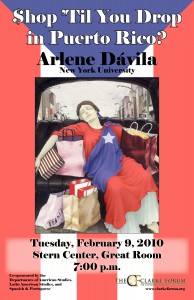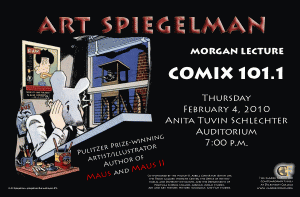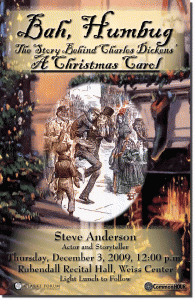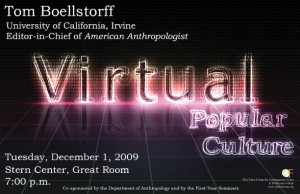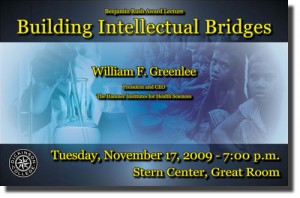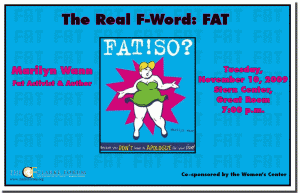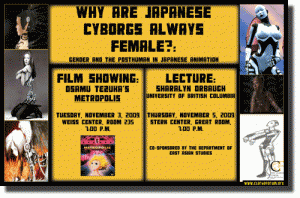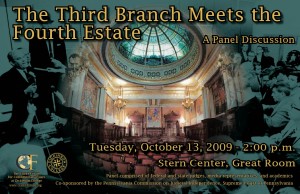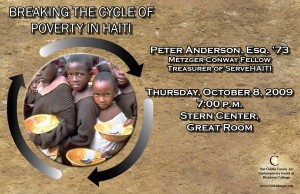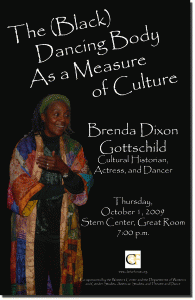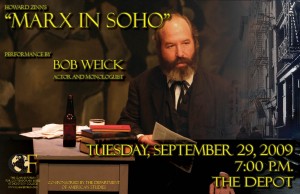Arlene Dávila
Professor of anthropology and American studies, New York University
Shop ‘Til You Drop in Puerto Rico?
Tuesday, February 9, 2010
Stern Center, Great Room, 7:00 p.m.
Dávila will explore the consumption culture of Puerto Rico, in particular, the myth of the overspent Puerto Rican consumer.
Co-sponsored by the Departments of American Studies, Latin American Studies and Spanish and Portuguese.
Topical Background
Shortly after Columbus visited Puerto Rico, Spain colonized the island and established it as an important military and trading post. Soon thereafter, colonists began to coerce natives into a system of forced labor that was slavery in all but name. Sugar quickly became the most important agricultural product. Although the system of forced labor was formally abolished in 1720, sugar remained a significant export for Puerto Rico, along with cattle, tobacco and coffee.
During the 19th century, Puerto Ricans were clamoring for independence. In response, Spain conceded political and administrative autonomy to the Puerto Rican Autonomous Party in 1887. However, after the Mexican War, the Treaty of Paris called for the transfer of Puerto Rico’s sovereignty to the United States. At this time, Puerto Rico and the United States enjoyed a free trade relationship. In 1917, President Wilson signed Read more

